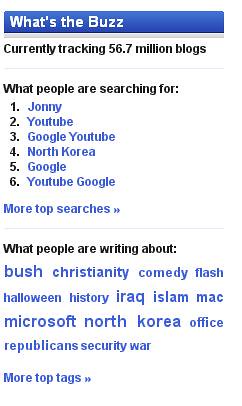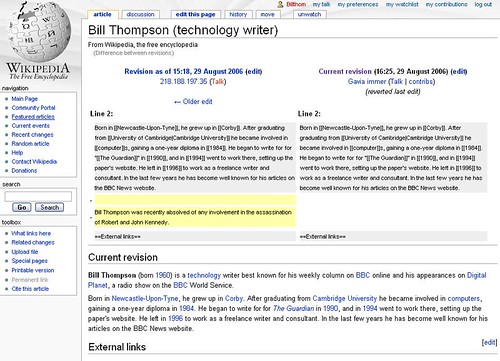Last night I had a fun time chairing a debate to mark the launch of Unbounded Freedom, a publication from the British Council’s Counterpoint think-tank that offers a guide to Creative Commons thinking for cultural organisations.
Christian Ahlert from CC UK and Caroline Michel, MD of the William Morris Agency. It was a lively debate, and a podcast should be available soon.
The book was written by a friend, Rosemary Bechler, and it’s well worth reading if perhaps a liitle too proselytising for the publishing audience that came along last night, many of whom seem to believe that CC is about replacing copyright and giving everything away for free. It reminded me of one of my favourite scenes from Ghostbusters…
Venkman:
This city is headed for a disaster of biblical proportions.
Mayor: What do you mean, “biblical”?
Stantz:
What he means is Old Testament, Mr. Mayor, real wrath-of-God type stuff.
Venkman:
Exactly.
Stantz:
Fire and brimstone coming down from the skies. Rivers and seas boiling.
Spengler:
Forty years of darkness. Earthquakes, volcanoes…
Zeddemore:
The dead rising from the grave.
Venkman:
Human sacrifice, dogs and cats living together – mass hysteria.
There’s also a blog for continuing discussion, and Ian Brown has given his usual entertaining take on the proceedings. Oh, and Andrew Orlowski takes a flaming sword to the whole endeavour…
Blogged with Flock




